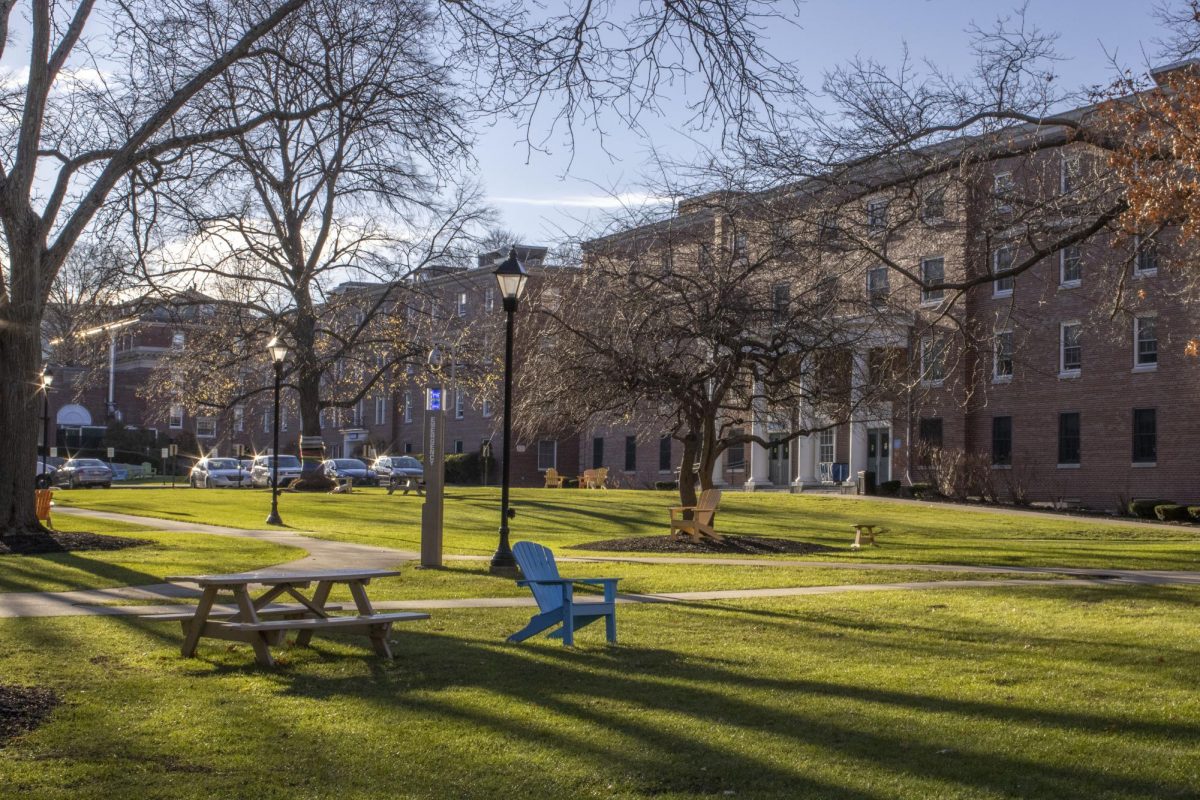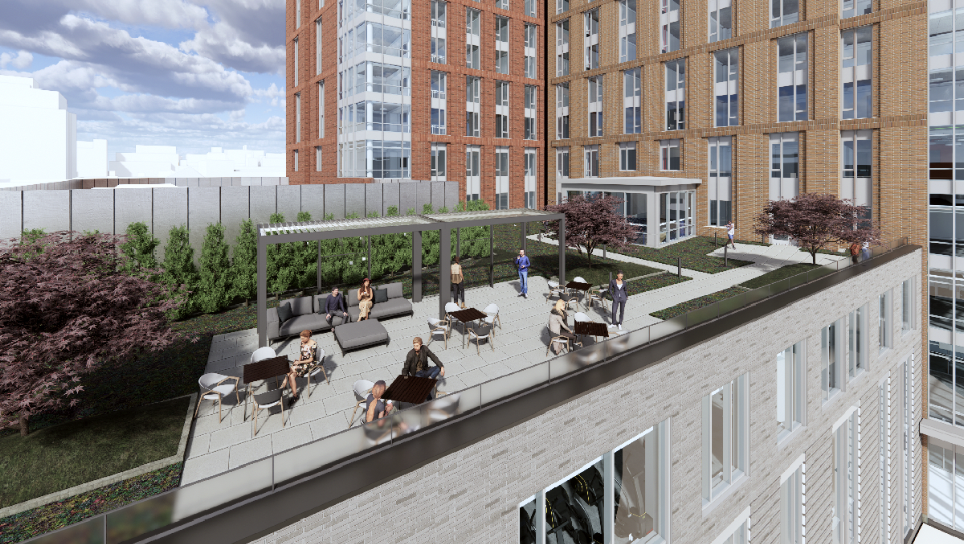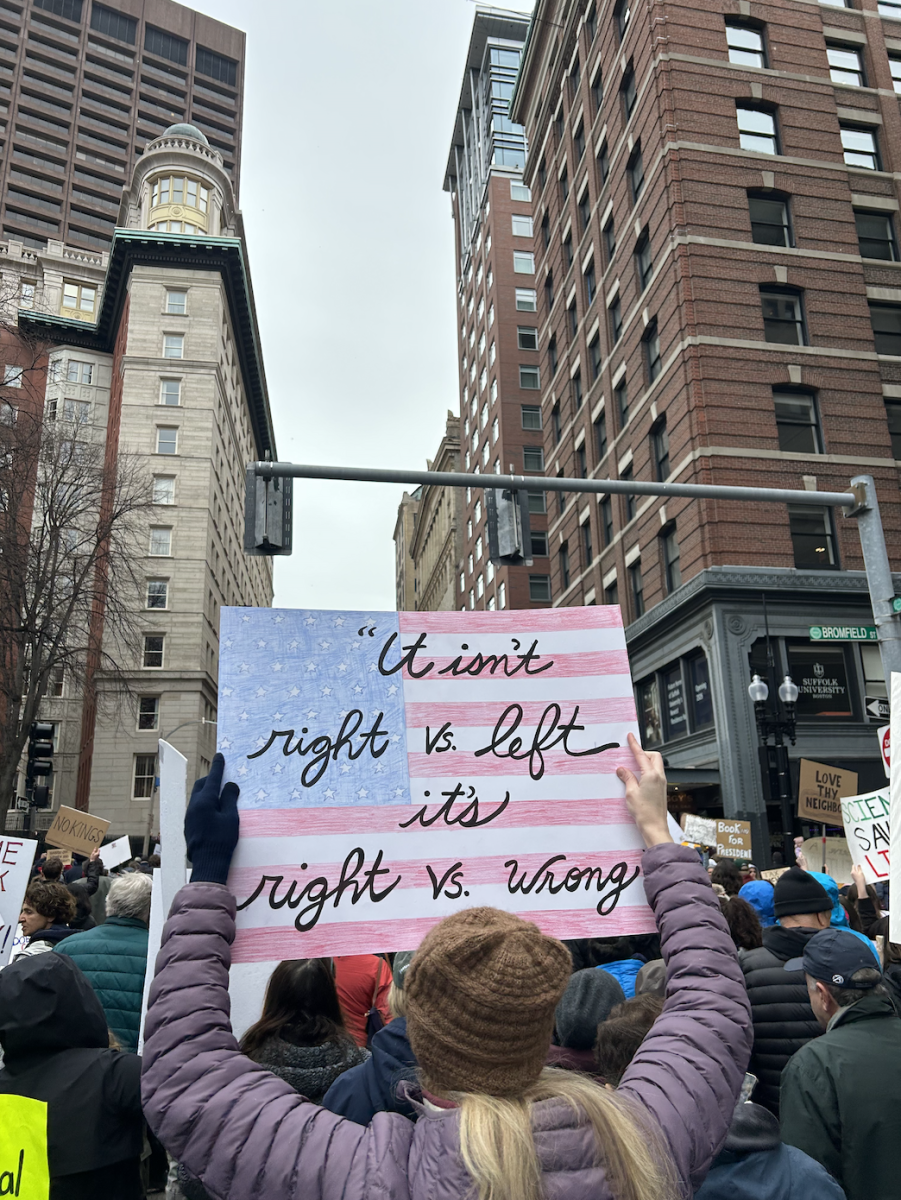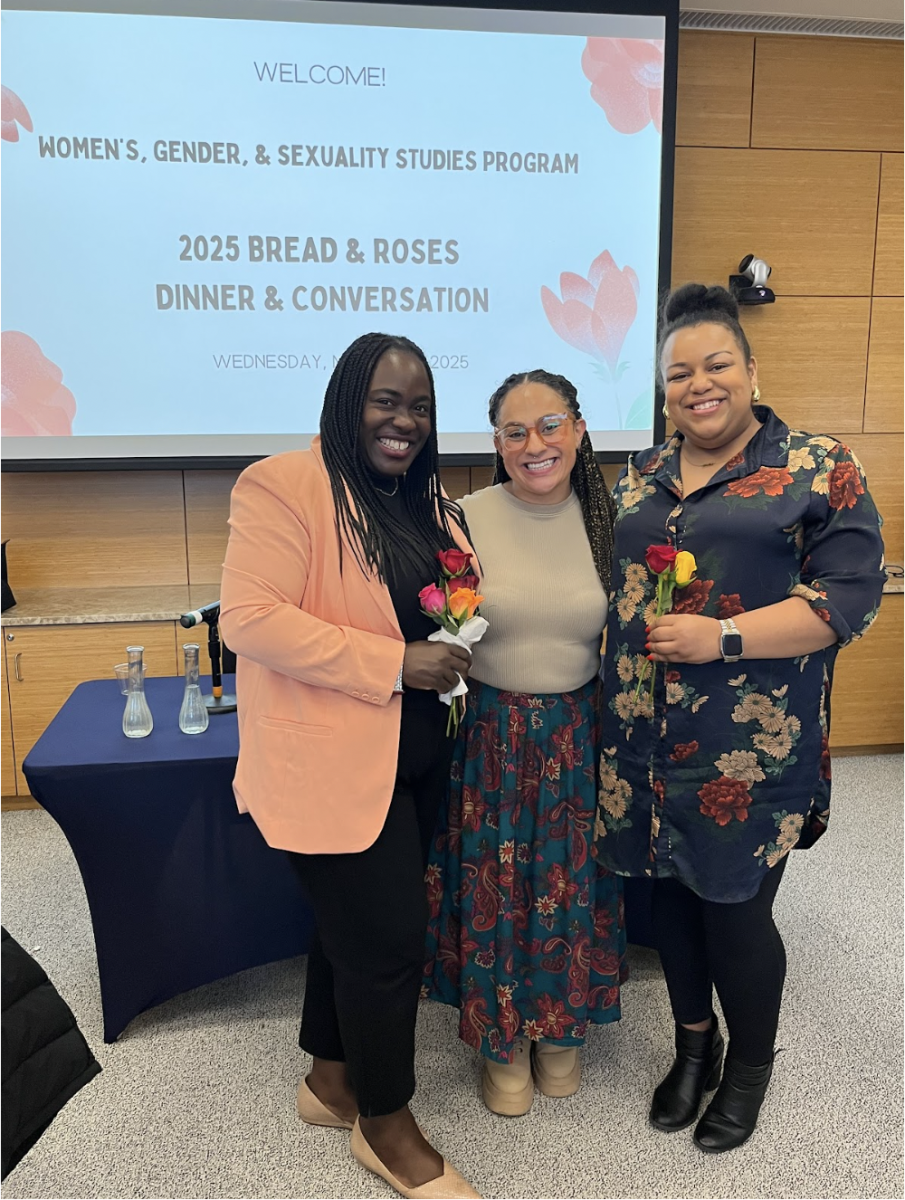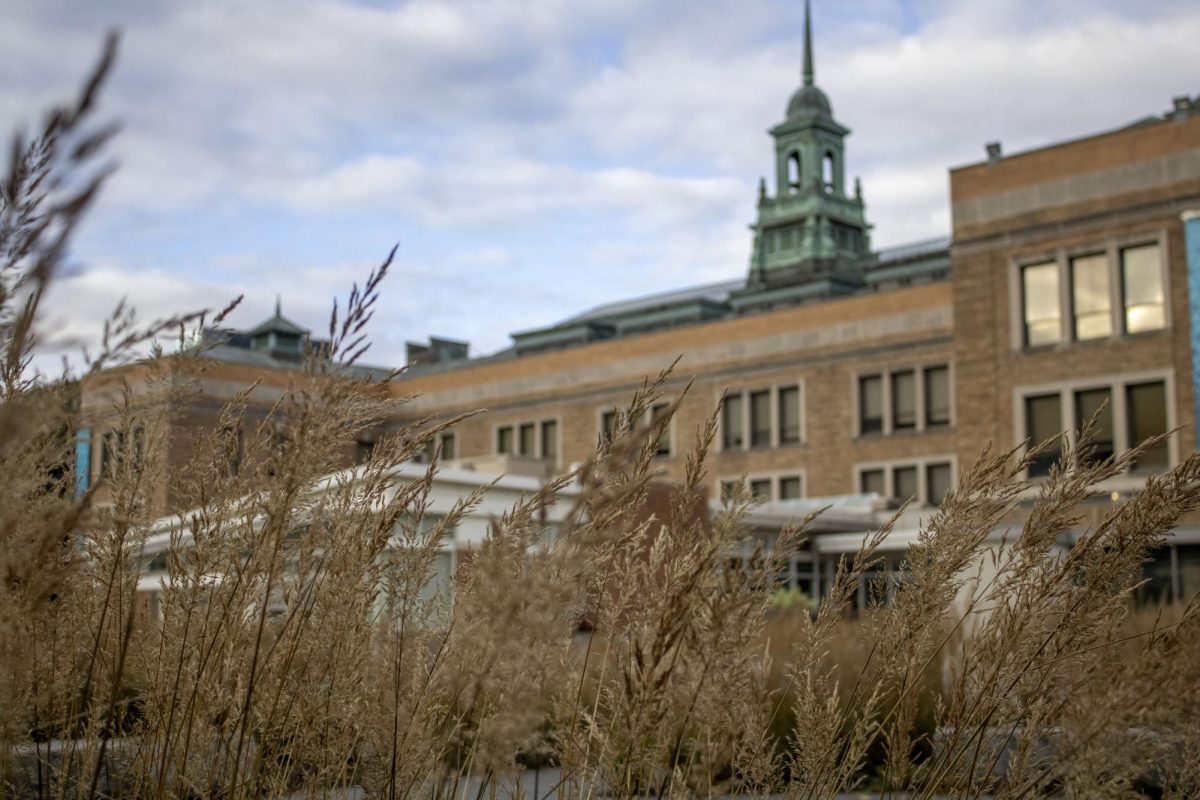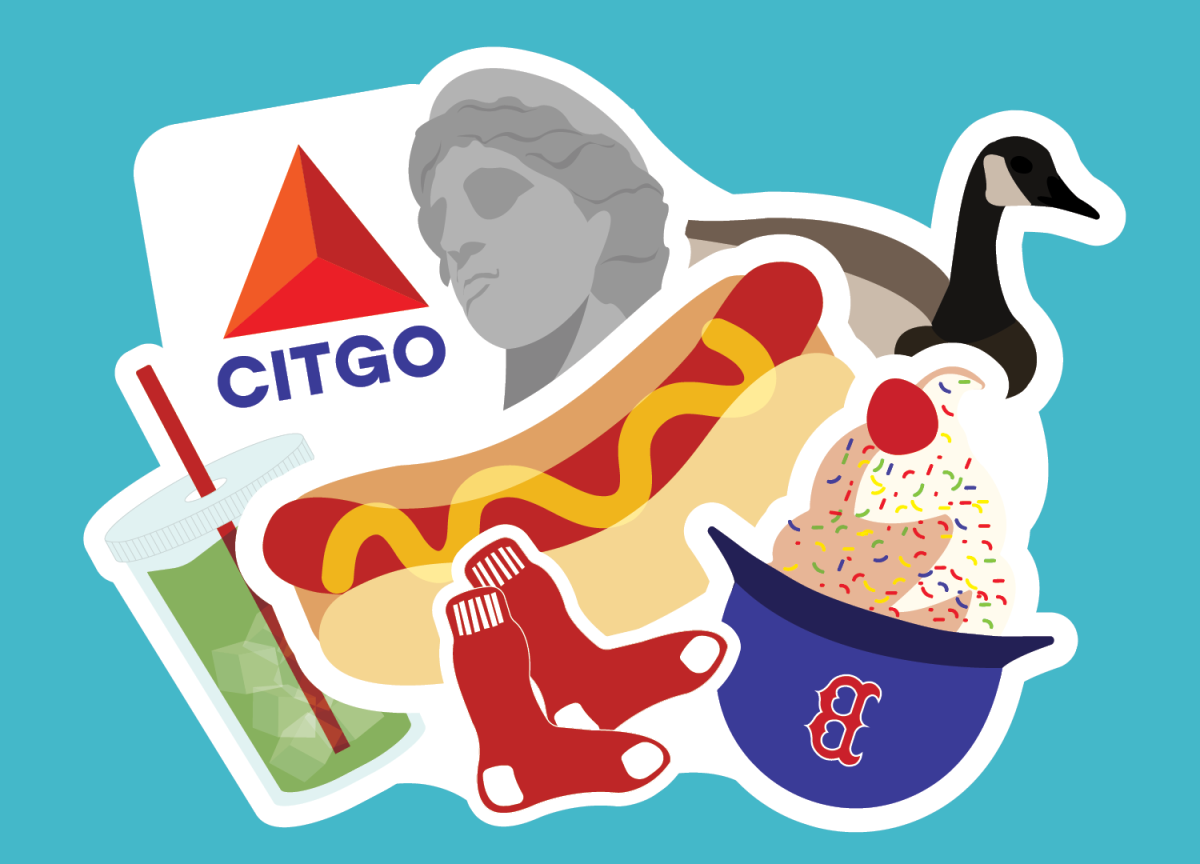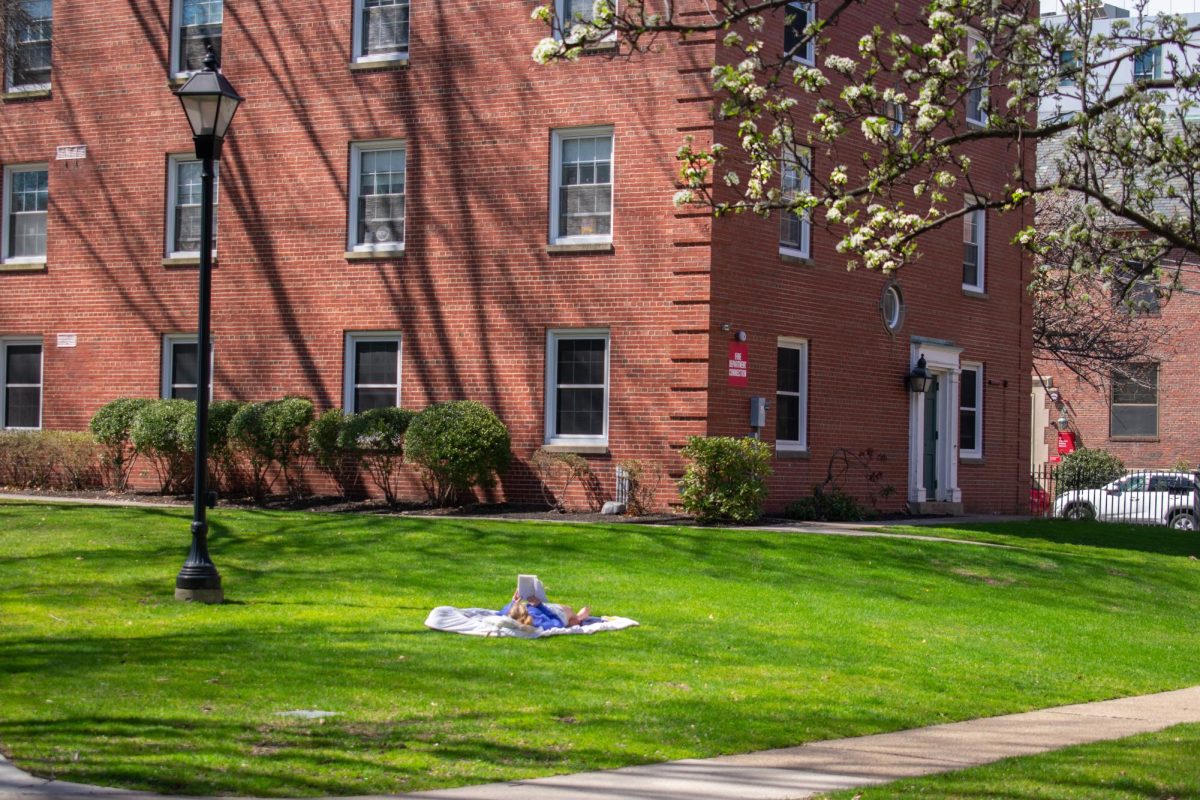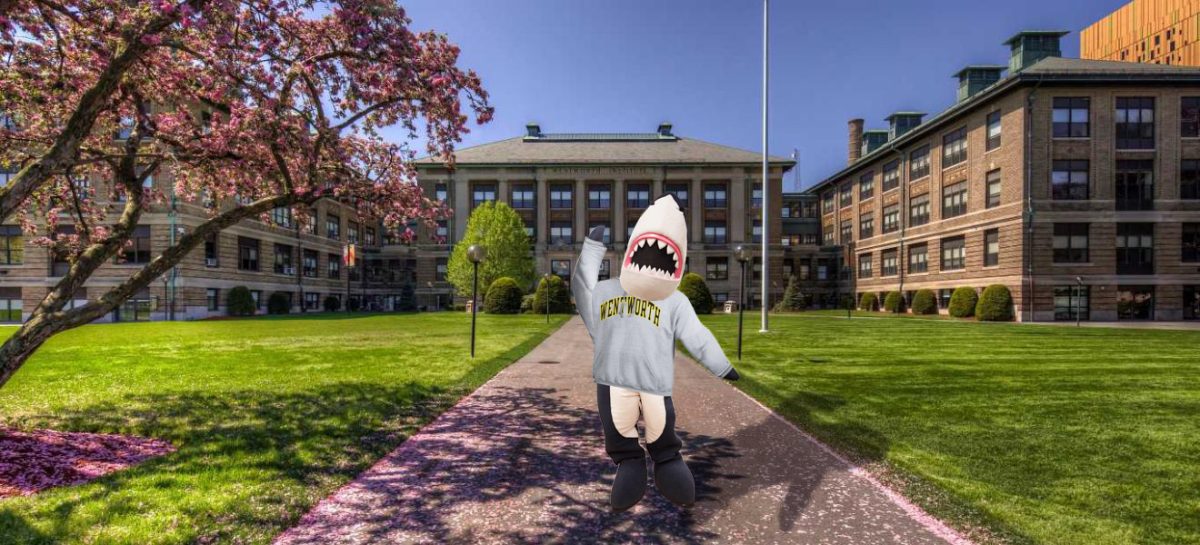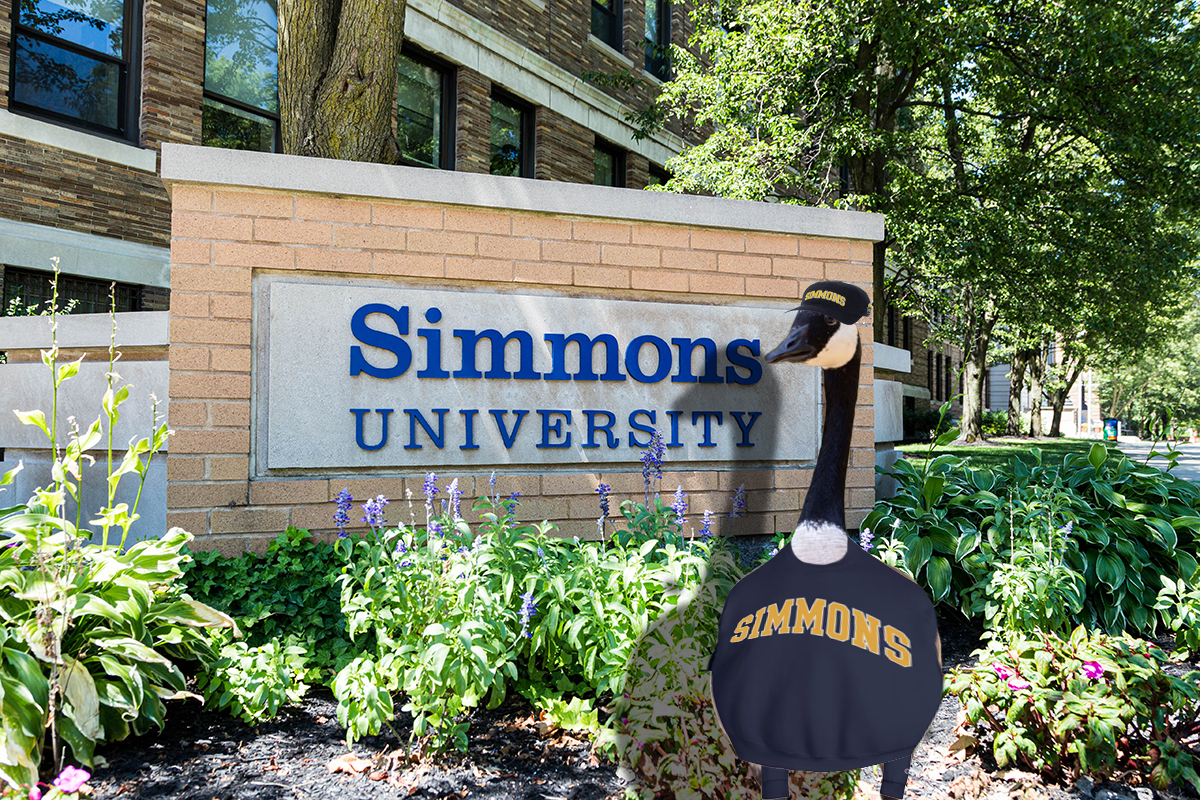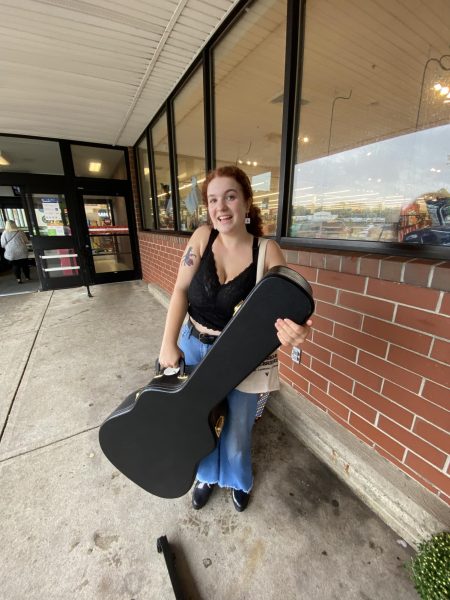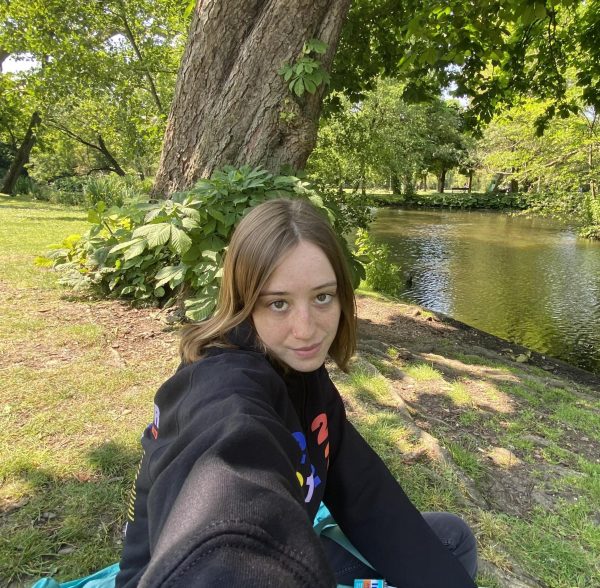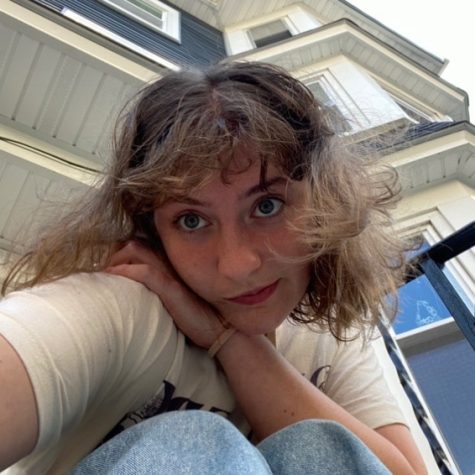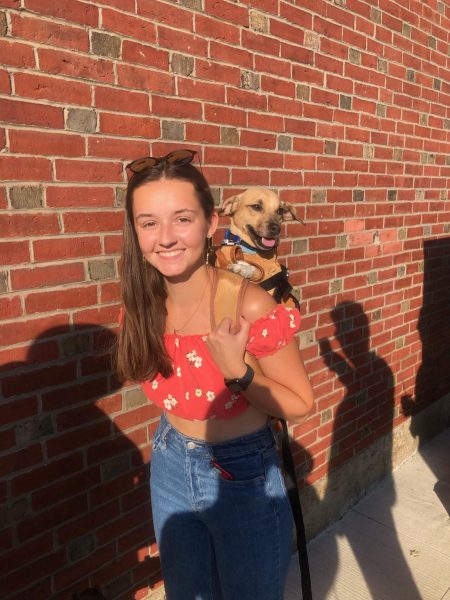President Lynn Perry Wooten’s office sent an email at 12:48 p.m. on May 1 to all Simmons students to inform them that “classes will continue to meet and proceed as scheduled” despite a planned walkout.
“To best ensure the safety of our community,” Wooten wrote, “Simmons will also implement a tap-access system for all academic and residential buildings beginning at 12:45 p.m. today.”
Wooten’s email also reminded participating students of the Simmons Student Protest and Demonstration Guidelines. She emphasized the guidelines that participants of the walkout could not block access to campus facilities, impede the travel of others across campus property, bring large carrying or storage items, or disrupt the educational or institutional mission and activities of the institution.
According to multiple Simmons students, limiting entrance to tap access also disrupted their use of the accessibility buttons on the residential campus, leaving disabled students stranded.
All gates leading to the residential campus were locked, except one entrance through Simmons Hall. First-year Aaron Opstad-Mitchell, a psychology and history major, said the accessibility button for the door leading to the residential campus wasn’t working, effectively leaving him trapped in Simmons Hall.
According to Laura Wareck, Associate Vice President of University Communications, students needed to tap their IDs first to activate the accessibility button. However, the door Opstad-Mitchell was having trouble with has no ID reader on the inside. Wareck did not respond to a request for a follow-up comment after being told this information.
Junior Finn Gruber had ordered a Lyft to North Hall around the time the walkout began. He did not realize that the gates had been closed until he went out to get in the Lyft. He then had to walk down to the main entrance at Simmons Hall to find he was unable to access that same door from the outside, even after tapping his ID.
Stella McLaughlin, a first-year and wheelchair user, said that the gates around campus provide the most accessible entrances. It is difficult for her to enter the residential campus through the main entrance.
McLaughlin, who lives in Smith Hall, said closing off the parking lot left her and other disabled students unable to get accessible Ubers. “If that parking lot with the accessible spot is not open… then [the Uber driver] would have to lower the wheelchair ramp in the middle of the street, which is super unsafe…” she said.
Gruber, McLaughlin, and Opstad-Mitchell signed an email to the Office of Residence Life to make them aware of the issues they faced.
“This sudden and unnecessary measure was taken with no notice. For physically disabled students with limited options for transportation access, you left us to scramble to find alternative ways to get to our classes and appointments,” the students wrote.
The Office of Residence Life responded to the students that they “found out about the locking of the entrances in the very same email that went to the community and was sent out at 12:46 pm today.”
According to their email, they typically ask for enough notice to properly warn students.



